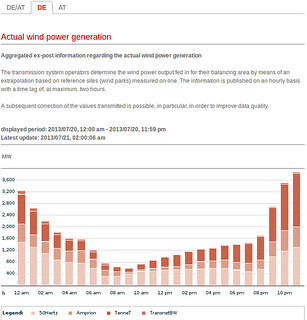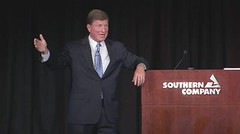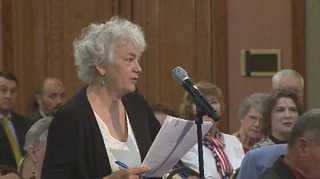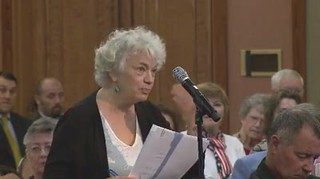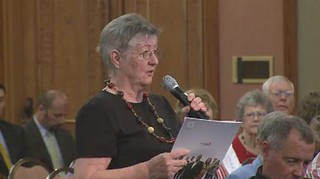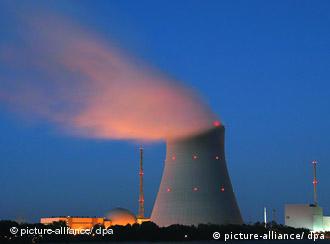Some of the “stuff” that happened before and after GA PSC Tim Echols cheered nuclear Friday.
GA Public Service Commissioner Tim Echols wrote in the Athens Banner-Herald Friday Echols: Nuclear power can be economic boon to Southeast,
Just when we thought nuclear power might be on a comeback, well, stuff happened. Only time will tell if Georgia and South Carolina can “jump-start” a nuclear renaissance. Let’s hope we can, because low-cost base-load energy — the amount of electricity available 24 hours a day — is a key to economic growth.
Stuff like this happened:
- June 2009: Moody’s called nuclear a “bet-the-farm” risk.
- January 2012: Leaks shut down San Onofre 3 and 4 in California.
- October 2012: Dominion Power decided to close Kewaunee in Wisconsin.
- November 2012: NRC denied a license for Calvert Cliffs 3 in Maryland.
- 5 January 2013: Duke closed Crystal River 3
- 20 February 2013: Plant Vogtle 3 and 4 $740 million over budget and 19 months late.
- March 2013: HB 267 fails (this time) to cap costs at Plant Vogtle. Yet it was introduced, which is a radical step for Georgia.
- 29 April 2013: Bloomberg links Kemper Coal cost overruns to Plant Vogtle cost overruns. Continue reading
